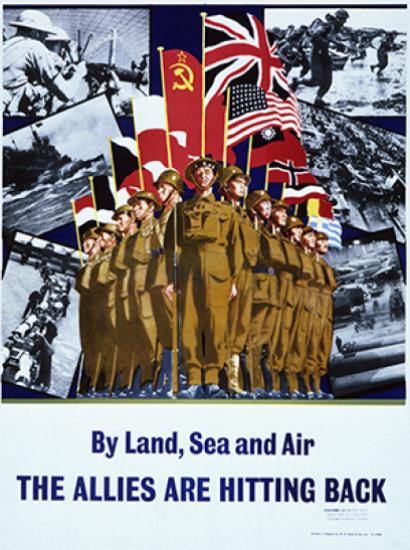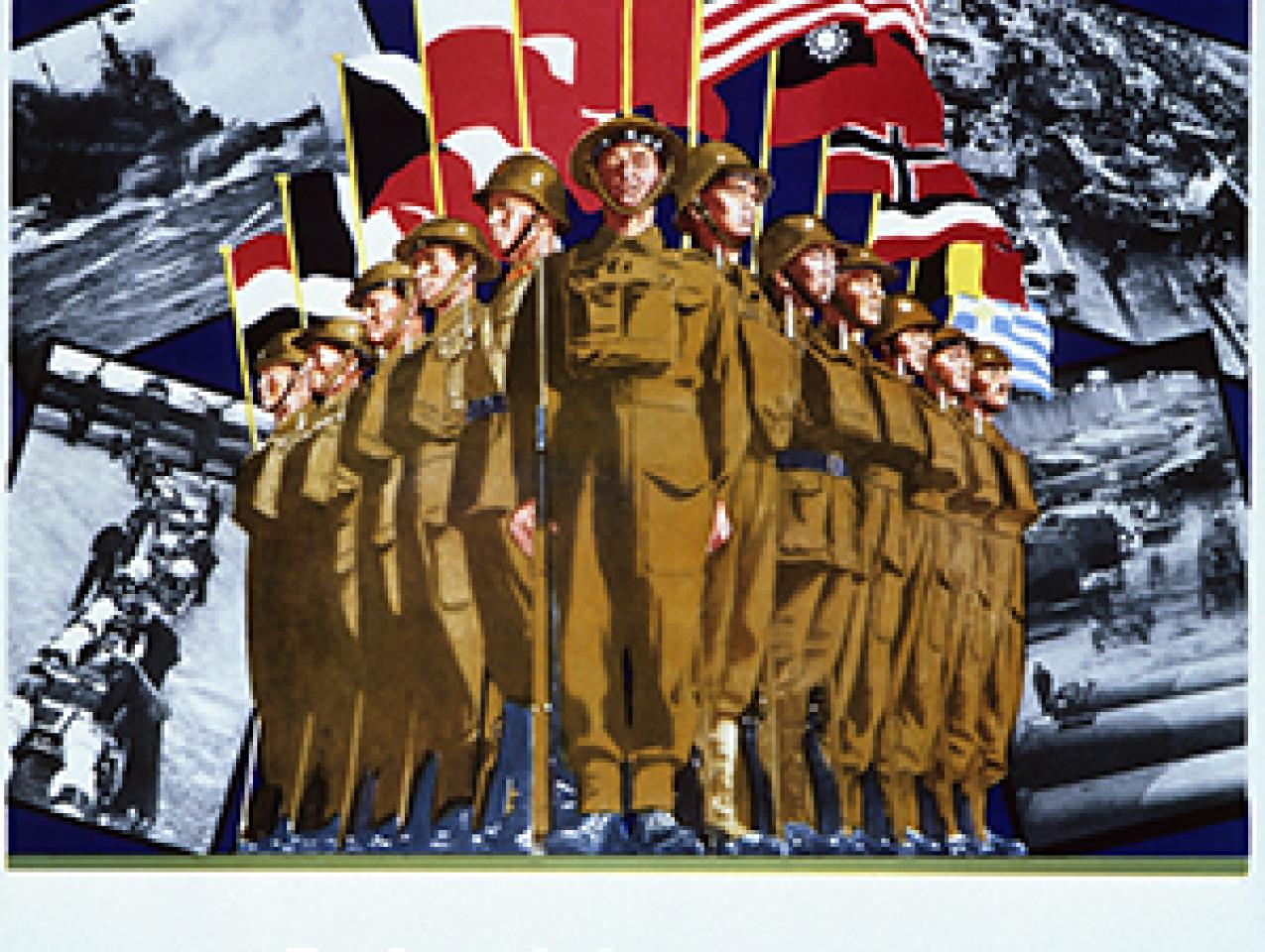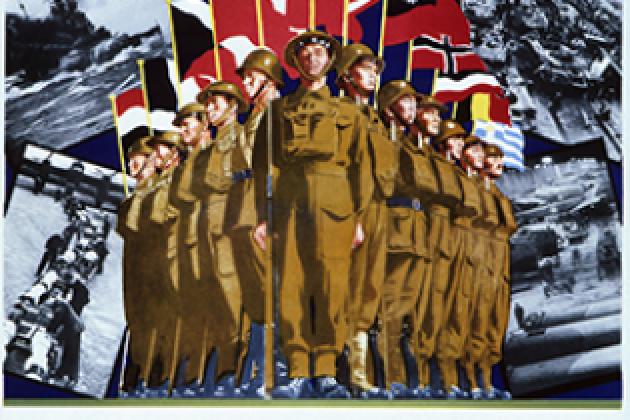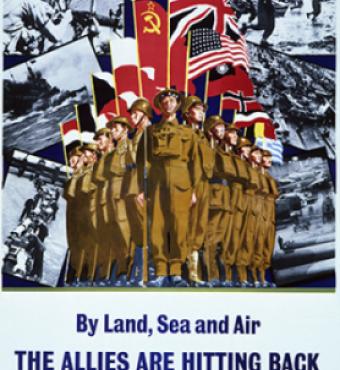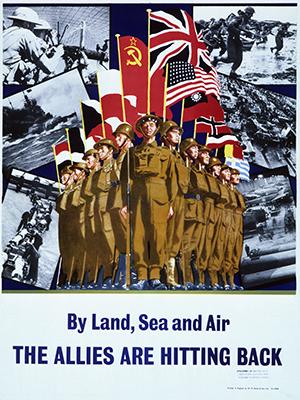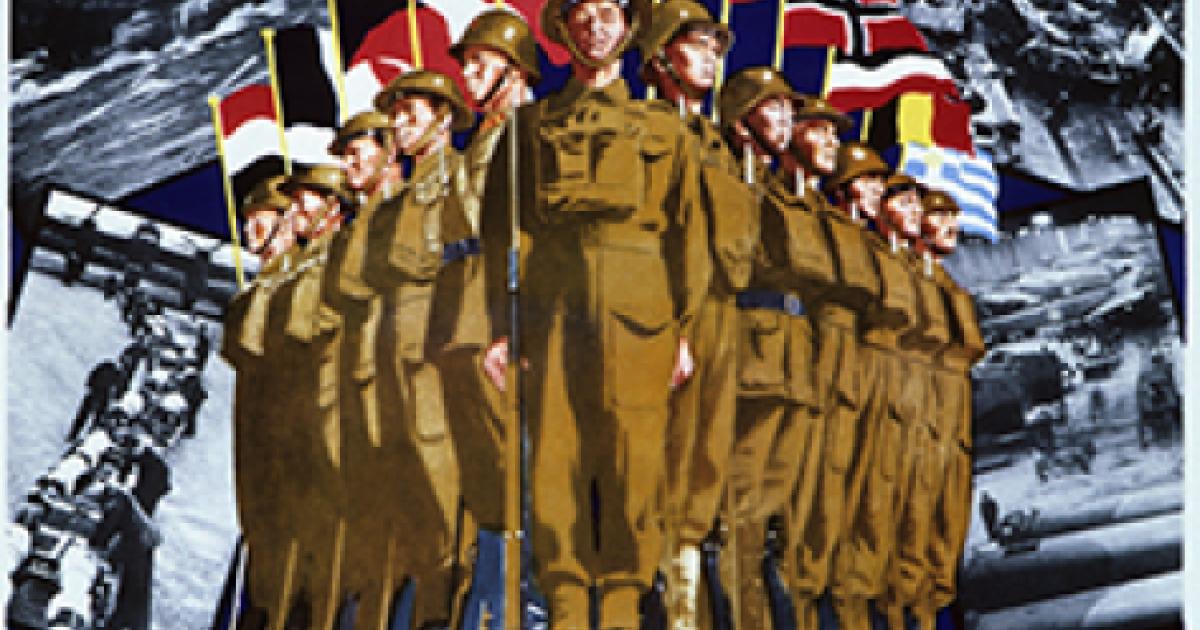- History
- Military
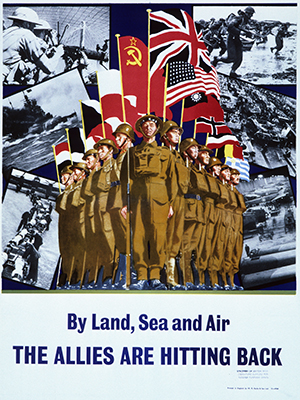
In the 1930s, the British military pundit B. H. Liddell Hart argued that Britain’s participation in the First World War with a massive commitment to France to fight the Germans had been a terrible mistake. Instead, he argued, Britain, as it had supposedly done in the eighteenth and early nineteenth century, should have committed minimal forces to the continent and used its army and navy to attack Germany on the periphery. Liddell Hart’s arguments represented a rephrasing of the “blue water” school in British strategic thinking which had argued that Britain should focus almost entirely on the Royal Navy to the exclusion of spending any resources or committing any troops on the European Continent.
In fact, Liddell Hart was wrong in almost every respect. In the eighteenth and early nineteenth centuries, Britain had committed major military forces and financial resources to the continent in the War of the Spanish Succession (1701-1714), the Seven Years’ War (1756-1763), and the Revolutionary and Napoleonic Wars (1792-1815). By supporting her allies financially and militarily, she was able to force her enemies, in this case the French, to concentrate their effort on the war on the ground and to minimize their efforts at sea. With domination over the world’s oceans and the trade that came with that control, the British had possessed the financial means to support a continental commitment.
The only case during this period when the British followed a “blue water” strategy had occurred during the American Revolution, where their leaders had concentrated on crushing the colonists in North America and paid no attention to gaining support on the continent. However, after the British defeat at Saratoga in 1777, it was clear that the British were in trouble in their war against the Americans. The French delightedly joined in and with no British allies to fight on the continent, they were able to focus their effort on the war at sea. The result was that the French fleet was able to block the Chesapeake and by so doing prevent the Royal Navy from saving Lord Cornwallis’ army from surrender at Yorktown.
The long and short of Britain’s grand strategy as an island power has been that when she has had allies on the continent and supported them with troops and resources, she has been able to defeat them. Thus, the France of Louis XIV, of Louis XV, and of Napoleon, all went down to defeat through Britain’s support of continental allies, which allowed the British to dominate the world’s oceans. One could say the same for Britain’s strategy in the two world wars that saw her support of France, Russia, and the Soviet Union bring Germany down to defeat in the two great world wars.
To all intents and purposes, the United States, like Great Britain, is also an island power. In the two world wars, it supported allies on the continent, while it used control of the world’s oceans to mobilize its industry and project its military power across the Atlantic and the Pacific Oceans. In the case of Nationalist China in the Pacific, that support at first does not appear to have been a great deal, but it is worth noting that the war on the Asian mainland absorbed at least three quarters of the Japanese Army through 1943. In the European war, the Soviet ally absorbed the blow of virtually the whole German ground effort through to the invasion of Normandy in June 1944. But Anglo-American military, industrial, and agricultural aid was essential to keeping the Soviets in the war, while the Combined Bomber Offensive suppressed the German war economy.
The story of the Cold War is much the same except that there was no war. Instead the commitment of American troops and financial support beginning with the Marshall Plan were essential in deterring the Soviet Union from taking risks in Europe that might have started World War III. It would appear that American strategy for the twenty-first century with the rise of a peer competitor in China and a rogue Russia on the borders of Eastern Europe would take a leaf from the Anglo-American strategies of the past. As Winston Churchill once commented, “the only thing worse than having allies is having no allies at all.”








